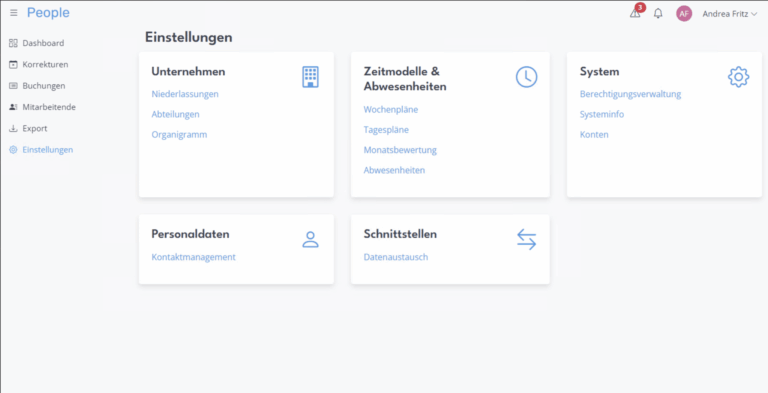Time tracking with Excel is quite common. Most companies already use the tool for other tasks anyway, so it’s practically free. But a new law on time recording is coming soon. Will Excel then still be permitted at all?
The draft law on working time recording
The draft states that the employer is obliged to electronically record the start, end and duration of the employee’s daily working hours on the day the work is performed.
We take a closer look at the word “electronic” below.
Electronic are all tools that run on electronic devices. This can be a computer, an electronic time clock or even a smartphone. So why shouldn’t Excel be one of them?
Quite simply, according to the ECJ ruling, the system in which working times are recorded must be reliable, objective and easily accessible. It must also be audit-proof, which means that no times may be changed retrospectively.
Is Excel time tracking “reliable, objective, easily accessible and audit-proof”?
And there is the question: If a spreadsheet kept in Excel is used in the long term. Is it a reliable system? Cells, calculations and references – and if an error creeps in, it can make a big difference in the end. It is therefore safer and easier to have a system that automatically records times. Otherwise, companies run the risk of careless errors in particular:
- Slips when entering values in the line (the larger the table, the more difficult the overview)
- Wrong number typed in – whether intentionally or by mistake
- Making mistakes when creating calculations and references. This happens much more often than you might think, especially with complicated calculations and references.
- Files deleted by mistake – sounds silly but it happens. If there are no backups, the stress is great.
When the company grows, it quickly becomes confusing. By then at the latest, you should definitely be looking for a time tracking solution that is scalable and has exactly one purpose: time tracking.
Especially with shift work or changes in working hours, the effort involved in time tracking with Excel is simply huge. HR managers are just adapting Excel tables and mistakes always happen. In the worst case, employees end up being paid incorrectly.
The larger the company, the more Excel lists you end up with. Every employee has a spreadsheet that is adapted to their working hours, some work full-time, others do not. Sometimes shift schedules change, someone switches to the night shift or no longer works Saturdays. The HR department has all these tables and nothing works automatically. Everything has to be checked manually and there is no mechanism to detect errors. Excel time tracking takes much more working time than other time tracking systems.
Conclusion: Will Excel time tracking be banned?
These were reasons why you should voluntarily refrain from using Excel for time tracking. But for precisely these reasons, Excel could actually be banned for time tracking in the future. The system could be classified as not reliable enough.
A centralized, electronic system is always the most reliable solution for recording working hours. The simplest systems are those that record working times automatically, for example with a time clock or by simply clicking a button at the beginning and end of the working day.
So there could actually be court rulings that rule out Excel working time recording.
You are currently viewing a placeholder content from YouTube. To access the actual content, click the button below. Please note that doing so will share data with third-party providers.
More InformationZMI offers you flexible solutions for recording working time. We will also find an individual solution for your company:
- Time tracking at the stationary terminal,
- at the PC workstation or
- Mobile with a variety of end devices




